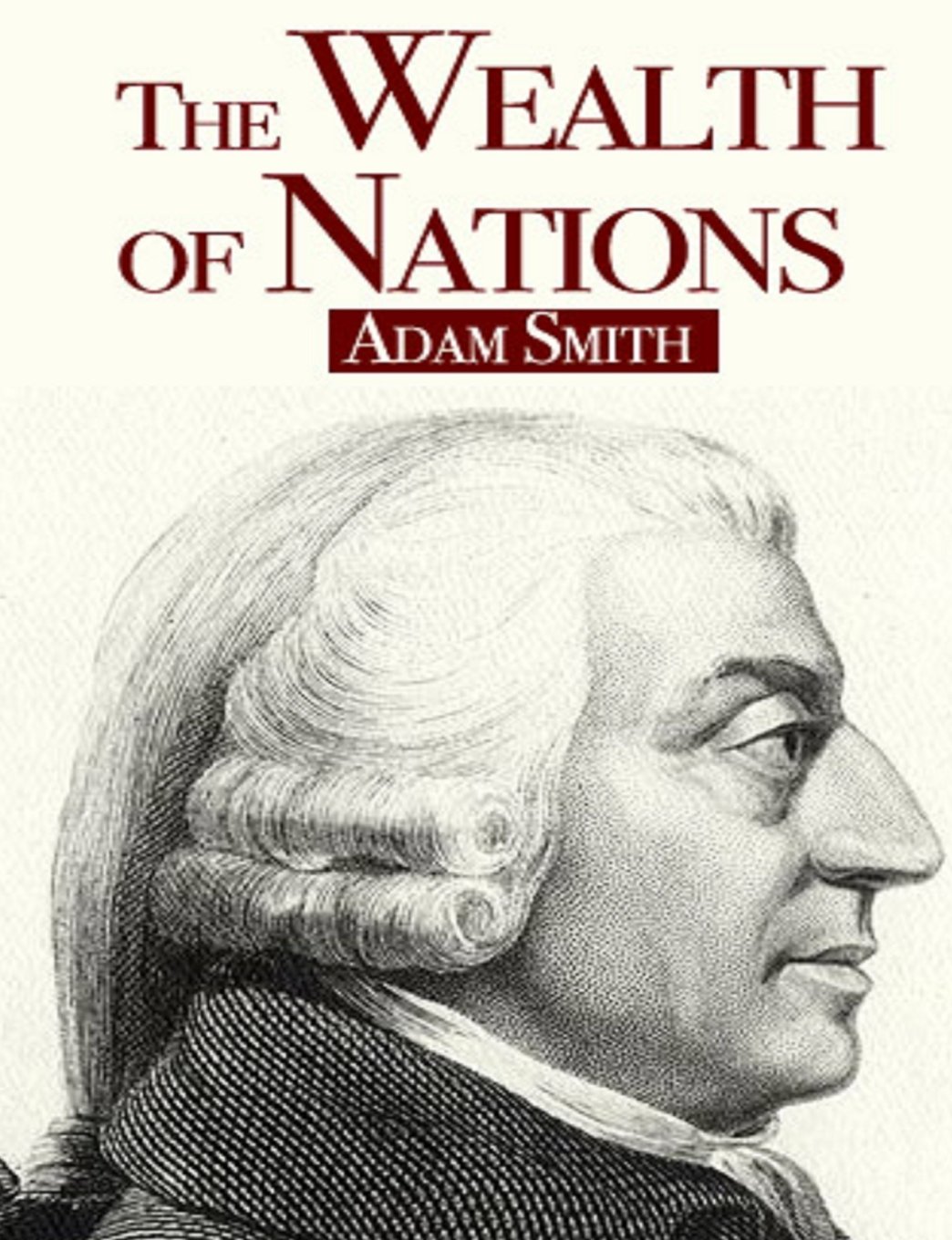
Citation :
Smith, Adam, Edwin Cannan, and Max Lerner. An Inquiry Into the Nature and Causes of the Wealth of Nations. New York: The Modern library, 1937.
Summary:
Adam Smith wrote this famous book in 1776, in which he proposed many of his economical theories. One of his most famous theories proposed in the book is his specialization theory. Smith proposed that the division of labor would contribute to exponential economic growth over time. However, Smith did warn that there was a limit to the benefits from specialization. Many of the theories proposed by Adam Smith in this book are still relevant today.
About the Author:
Adam Smith was a Scottish philosopher and a pioneer of political economy. He is best known for this book, The Wealth of Nations,and for his theory of the invisible hand.
Key Terms:
Specialization (division of labor)
The Invisible Hand
Practical Education
Quotes:
“men are much more likely to discover easier methods when the whole attention of their mind is directed towards that single object than when it is dissipated among a great variety of things”
"The man whose whole life is spent in performing a few simple operations, of which the effects are perhaps always the same, or very nearly the same, has no occasion to exert his understanding or exercise his invention in finding out expedients for removing difficulties which never occur”
“He naturally loses, therefore, the habit of such exertion, and generally becomes as stupid and ignorant as it is possible for a human creature to become”
Value:
This book is hands down my most valuable source. This book is really the foundation for modern specialization and is written by perhaps the most influential economist in history. Adam Smith's proposed limit to the benefits of specialization provides excellent support for my argument.
No comments:
Post a Comment